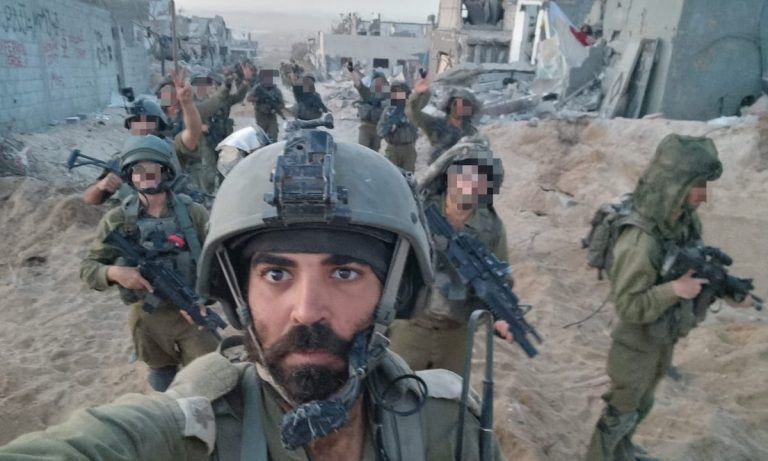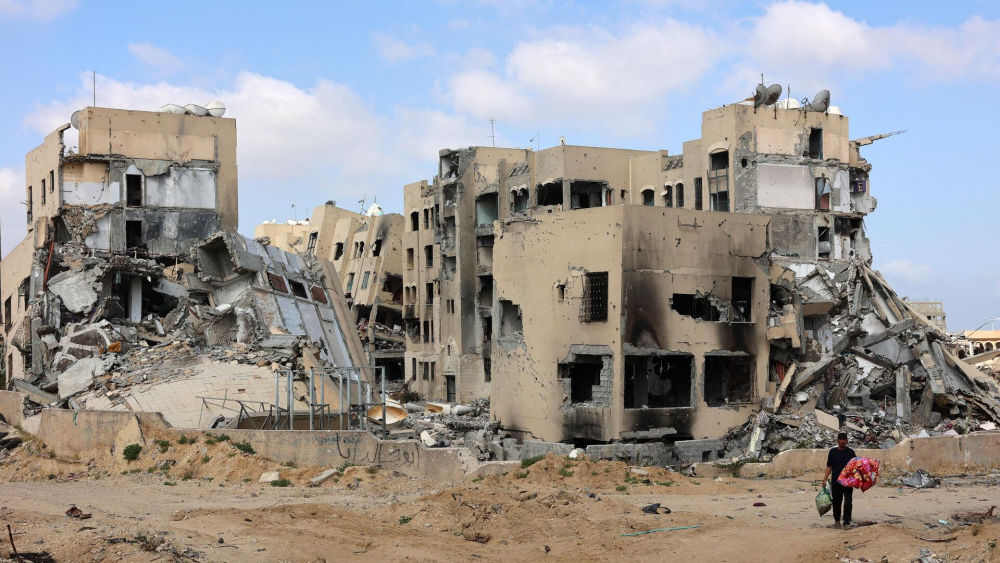
New York, N.Y. — Over the past year and a half, as I’ve watched the horrors unfolding in Palestine, a profound sense of sorrow and disbelief has taken hold of me. Day by day, the reports come in—images of innocent children and women, the most vulnerable of society, lying lifeless in the streets of Gaza. The human toll of this ongoing conflict, roughly 50,000 lives lost, is an unbearable tragedy that weighs heavily on anyone who values human life. As someone who firmly supports peace and justice on all sides, I find myself grappling with an uncomfortable, but necessary question: Since when did revulsion at the genocide of innocent civilians become synonymous with antisemitism?
This question has become all the more pressing as I witness how criticism of Israel’s military actions in Gaza is often met with accusations of antisemitism. It is a rhetorical device that deflects from the reality of what is happening on the ground. And yet, in a world that claims to uphold human rights, I cannot reconcile the silence in the face of the staggering loss of life. Shouldn’t our humanity compel us to speak out against such atrocities, regardless of where they take place or who is responsible?
The conflation of criticism of a country with attacks on a religion or ethnicity has become an alarming trend, not only in the current context of the Israel-Palestine conflict but in many other political and military crises worldwide. The idea that one cannot denounce the actions of a government without being accused of targeting its people is an intellectually dangerous simplification. A country’s government, its military policies, and its leaders are separate from the faith or ethnicity of its people. To criticize Israel’s military operations—whether in Gaza or the West Bank—is not to denounce Jews as a people or Judaism as a religion. Yet this is how it is often portrayed, as if any criticism of Israel automatically aligns one with hate against all Jewish people.
This misunderstanding diminishes the very real suffering that both Israelis and Palestinians face. It clouds the necessary debate about human rights and justice, transforming what should be an examination of military and political choices into an issue of identity. We must ask ourselves: How did we reach a point where expressing concern for the loss of innocent lives, the targeting of women and children, and the destruction of communities has become so politically charged that it risks being misinterpreted as hate speech?

I am a firm believer in peace on all sides. I cannot, in good conscience, ignore the suffering of Palestinians, nor can I ignore the suffering that Israel has endured, particularly in the context of security threats and violence against its civilians. Both peoples have a right to live in peace, and both have endured unimaginable trauma. The situation is complex, deeply entrenched in history, and rooted in geopolitical factors far beyond the scope of any single individual’s understanding. But that does not excuse us from questioning the actions of a government when it leads to mass civilian casualties.
We must be careful not to allow the narrative of political discourse to be hijacked by tactics that shut down dialogue. Criticizing the military tactics used by Israel does not equate to antisemitism any more than criticizing the actions of the Palestinian Authority or Hamas would make one anti-Arab. Our focus should be on the actions of governments and not on entire groups of people based on religion, ethnicity, or nationality. There is a profound difference between condemning actions and spreading hatred, and we must guard against conflating the two.

In the midst of this conflict, where 50,000 lives have already been lost, we are called to examine our collective moral compass. The world cannot turn a blind eye to the suffering of the Palestinian people, just as it cannot ignore the trauma that Israeli civilians face in the wake of ongoing violence. But we must also refuse to be swept into the false dichotomy that asks us to choose between condemning genocide and defending one group at the expense of another. It is not a matter of choosing sides—it is a matter of choosing humanity.
We must challenge ourselves to ask uncomfortable questions and have hard conversations about the tactics used by all sides in this conflict. As a supporter of peace, I feel a deep responsibility to question the normalization of violence and to ask how we can, as a global community, prevent further destruction. We are witnessing a tragedy in Gaza, and in the process, we should never lose sight of the need to protect all human life—Palestinian, Israeli, and beyond.
The time has come for a new approach: one that recognizes the suffering of both sides without resorting to oversimplified or divisive narratives. We must look beyond religion, ethnicity, and national borders to see the shared humanity of all those caught in the crossfire of this horrific conflict. And in doing so, perhaps we can find a way forward—a path to peace that transcends division and brings true justice to those who have lost so much.
Genocide or Criticism? Distinction of Condemning Violence, Antisemitism (Jan. 24, 2025)